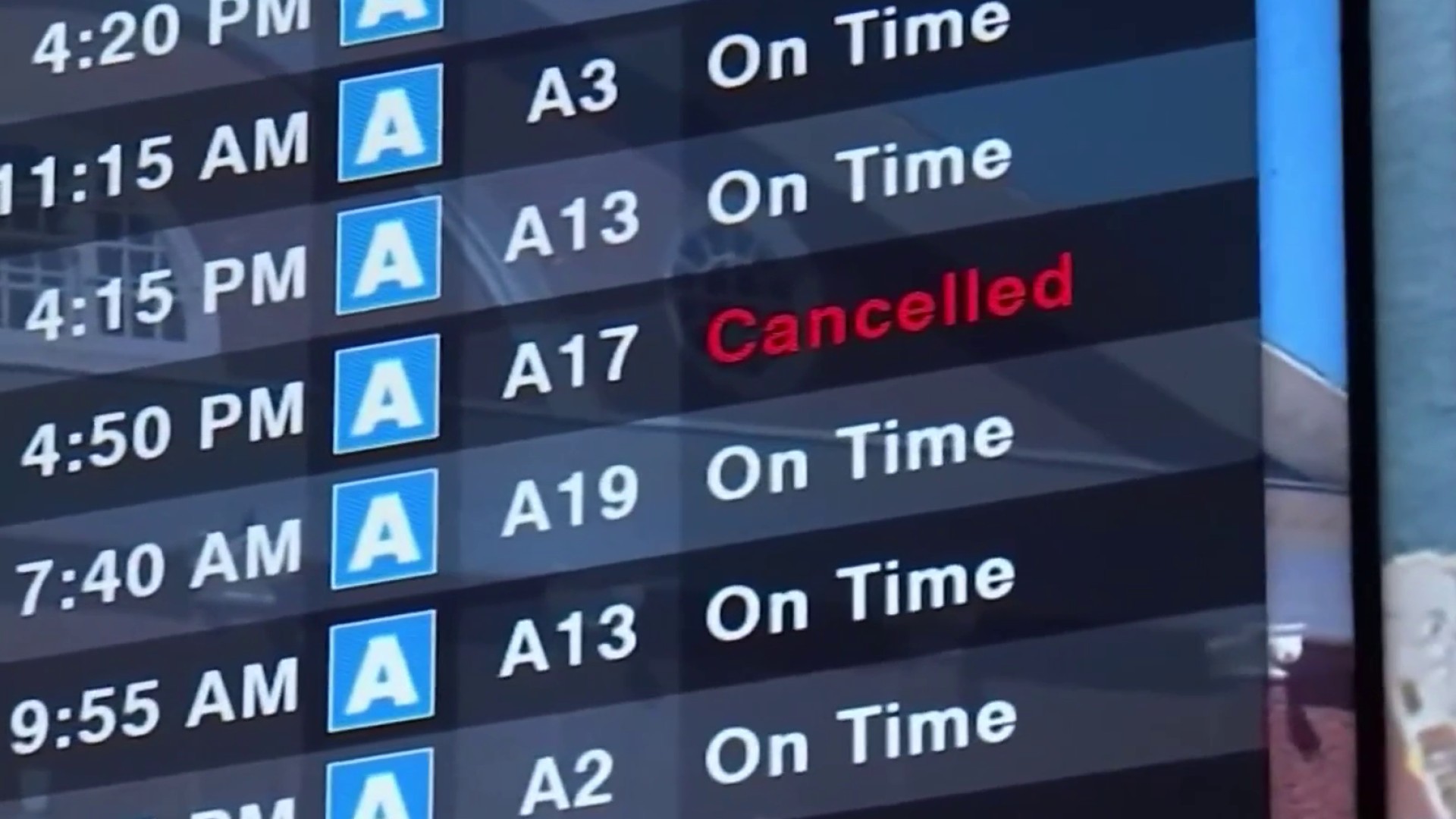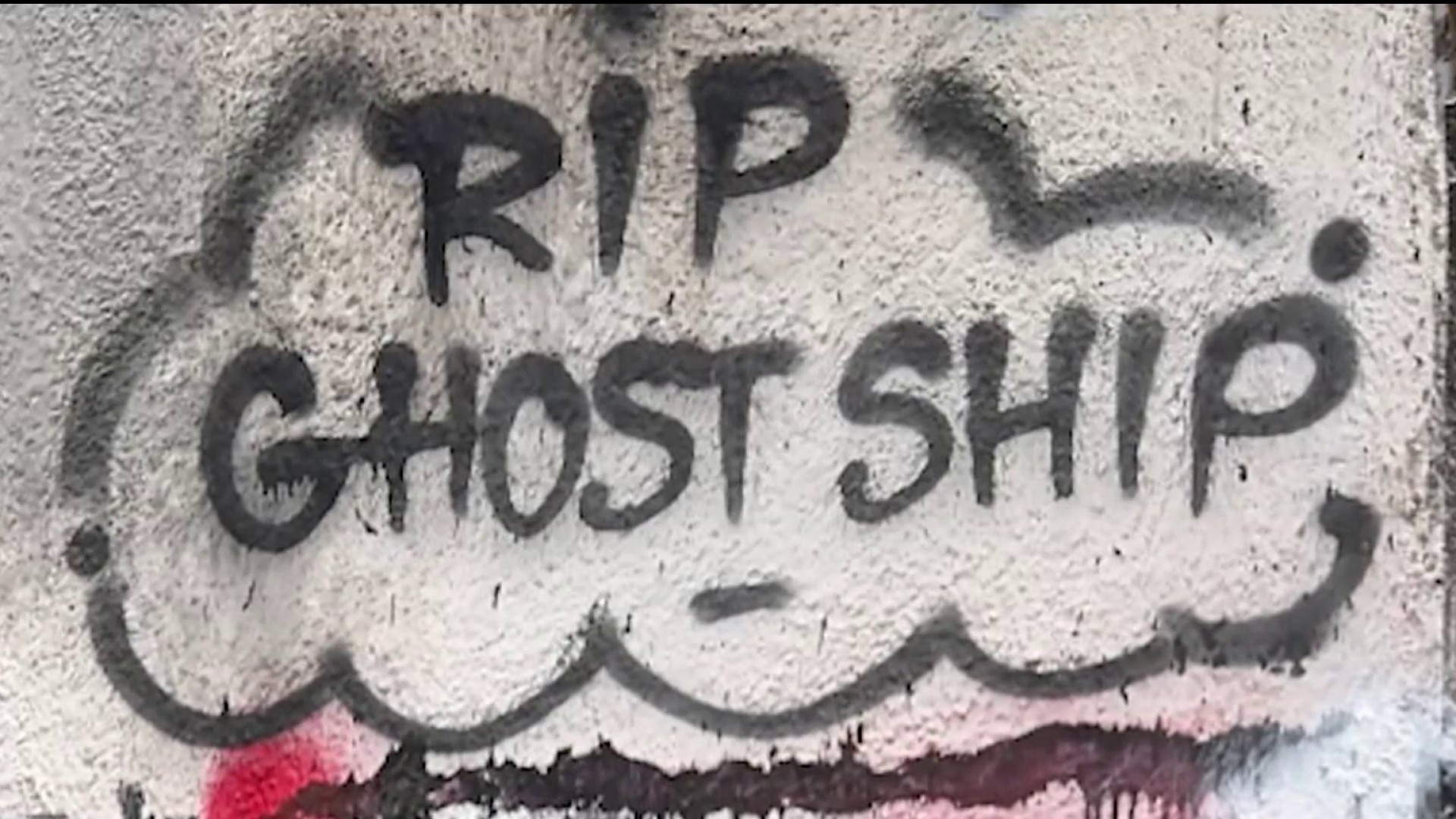Livermore said a plan to help downtown businesses by closing down streets to traffic during the coronavirus pandemic ended up backfiring as many shops actually lost customers.
The East Bay city thought it was helping out businesses by closing down sections of First Street, but that didn't turn out to be the case, so the city will press pause on the street closures in order to re-evaluate.
One business owner said he saw a drop in sales partly because his customers had trouble finding parking.
"There’s just less of my normal customers coming in on the weekend," Craig Van Der Kamp with Van’s Health Foods said.
Even though the pandemic is creating a demand for immunity boosting supplements, such as ones someone can find at Van’s Health Foods, Van Der Kemp said he’s seen a 10% to 15% drop in customers during the weekends when the city shuts down First Street to traffic.
"People don’t want to carry their groceries a long distance," Van Der Kamp said.
Van’s Health Foods is not alone. The City of Livermore said it surveyed downtown businesses and found that only one out of four believed the street closures were good for business.
Local
"For our type of retail, I think it will be a benefit with the street back open," Van Der Kamp said.
That’s exactly what the city plans to do. It will not close streets this weekend.
"We’re taking a pause on the street closures and re-evaluating as we go forward," Adam Van de Water with the City of Livermore said.
Restaurants will continue to have outdoor seating areas that are protected by water barricades and metal barriers.
Jordan Blake, a waiter at Sauced BBQ & Spirits, said he will miss the ambiance that the weekend street closures provided.
"I just feel it's less noisy with the street closed," he said. "When we close them on the weekends, it just makes it easier for people to relax."
Livermore will focus its efforts on making sure that people wear face masks when they’re out in public. The city said staff will be patrolling downtown to remind people to keep their face mask on, except when eating or drinking. Those who refuse to comply will have to pay a $100 citation for the first offense.
"I’m not going to argue with the CDC," Blake said. "I want to make sure that we’re trying to stay as safe as possible."



